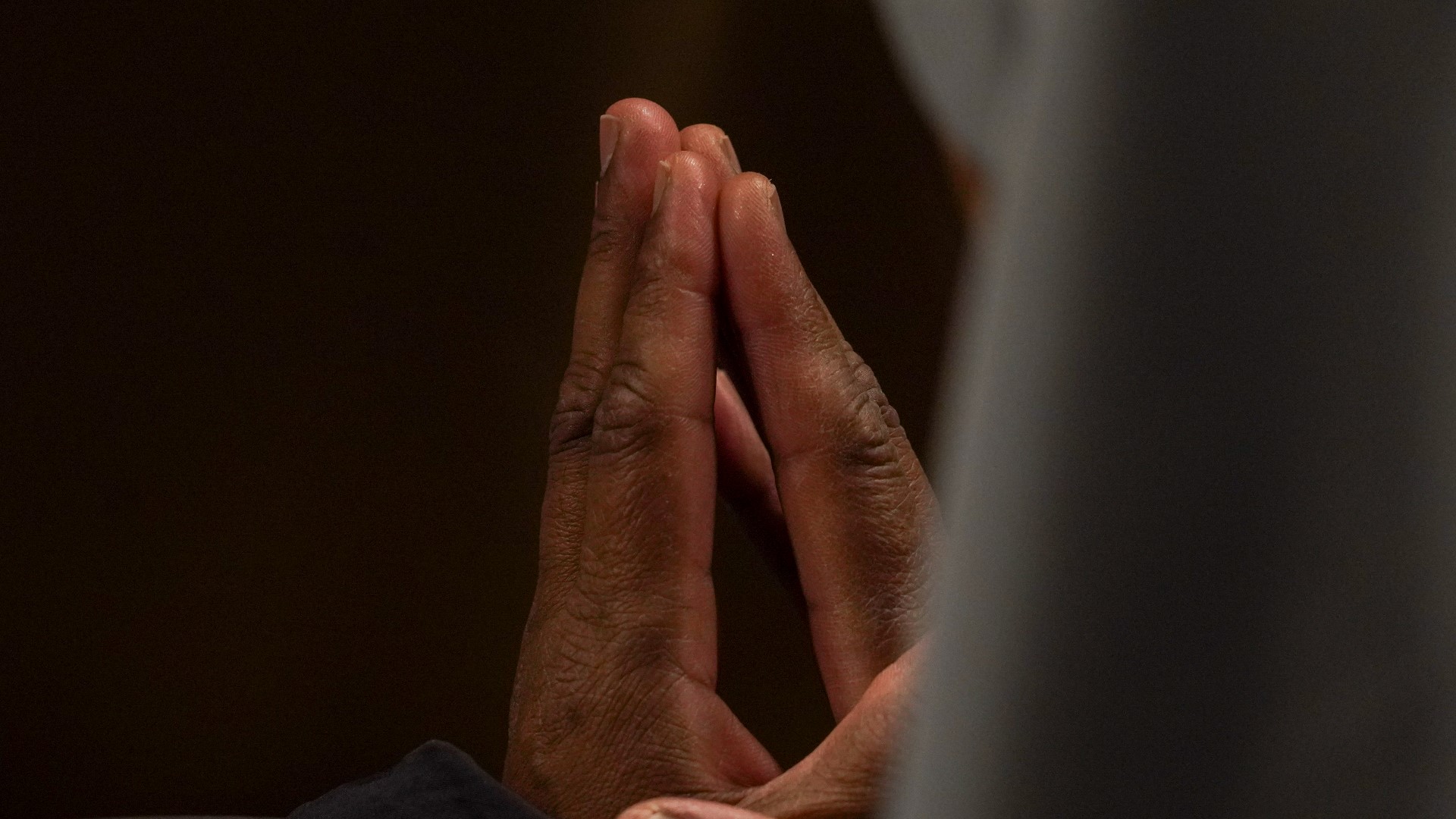DES MOINES, Iowa — Since the 2000s, religious participation has declined in the United States. According to a Pew Research Center survey from January, over one-quarter of American adults are religiously unaffiliated.
Individuals falling under this category typically describe themselves as atheist, agnostic or "nothing in particular".
Younger generations like millennials and members of Gen Z and Gen Alpha are primarily driving this trend. Some experts have an idea of why.
"The younger Gen Zs are following the faith of their parents, and then when they leave the household, that's when they go off to college, they go and get their job, and they kinda just stop," said Brad Crowell, a religious studies professor at Drake University.
Former Lutheran pastor Ioan Ittu added there are more powerful influences on people's lives like politics and media, and those things move younger generations toward a more polarizing view on religion.
"Entering an established religious community can be very difficult," he said.
Ittu also said younger individuals might not want to adhere to religious institutions' desire to mix faith and politics.
Crowell said this mixture could create contradictions between what millennials and members of Gen Z have grown to believe and identify with, compared to something the church is expecting them to identify with.
Of course, a majority of Americans are not religious, according to the survey. However, more people are not practicing religion for a variety of factors. Once people leave religion and grow older, Crowell says they "aren't coming back".
So how can institutions get religiously unaffiliated younger generations to return to places of worship or practice religion as a whole?
Crowell said it's on the institutions to build that trust back with Americans, while Ittu said: "If communities were more willing to be adaptive, rather than rigid, then I think they could engage more with, of, diverse populations, including younger."

